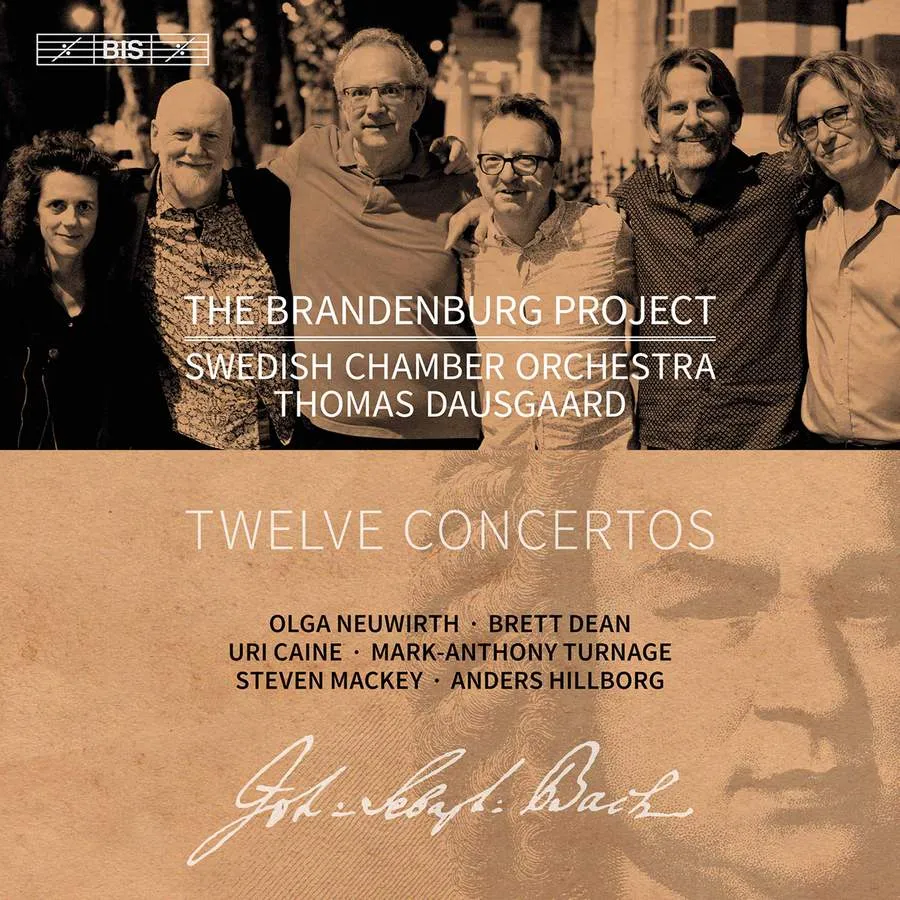
The Brandenburg Project JS Bach: Brandenburg Concertos Nos 1-6; Caine: Hamsa; Brett Dean: Approach (Prelude to a Canon); Hillborg Very Tender; Bach materia; Mackey: Triceros; Olga Neuwirth: Aello; Turnage: Maya Fiona Kelly, Claire Chase (flute), Marten Larsson (oboe), Håkan Hardenberger, Anders Hemstrom, Margit Csökmei (trumpet), Antje Weithaas, Pekka Kuusisto (violin), Tabea Zimmermann, Brett Dean (viola), Sebastien Dube (double bass), Bjorn Gafvert (harpsichord), Oskar Ekberg (synthesizer), Uri Caine (piano); Swedish Chamber Orchestra/Thomas Dausgaard BIS BIS-2199 (CD/SACD) 207:18 mins (3 discs)
For the 2018 BBC Proms, the Swedish Chamber Orchestra paired each of Bach’s six Brandenburg Concertos with a specially commissioned ‘response’ from one of six contemporary composers. Here the whole sequence appears on three discs, fronted by some distinguished soloists including the virtuoso trumpeter Håkan Hardenberger, violinist Pekka Kuusisto, harpsichordist Mahan Esfahani and violist Tabea Zimmermann. Some purists may take exception to Dausgaard’s tempos or dynamics here and there, but the Bach performances, for the most part, are crisp, lively and expressive, and the BIS recording vivid, clear and spacious.
Mark-Anthony Turnage follows up Brandenburg Concerto No. 1 with Maya: a sustained solo-cello-led lament, eloquent in itself but with little evident connection to the Bach. Steven Mackey at least plonks the final cadence of Brandenberg No. 2 on the end of his garrulous trumpet concerto Triceros. The next three composers engage more directly with their concertos. Anders Hillborg generates some spectacular gestures and textures, but little substance from bits of No. 3 in his violin concerto Bach Materia; in her Aello, Olga Neuwirth chops up No. 4 into a spasmodic succession of by-now somewhat dated avant-garde quirks and sound effects, while Uri Caine, presiding at the piano, riffs and improvises on elements of No. 5 in his over-long Hamsa. At least Brett Dean restores sobriety with his gritty preludial Approach to No. 6.
Do such old-new group matches ever achieve consistent quality, let alone transcend the sum of their parts? Rarely – but no excuse not to keep trying.
Bayan Northcott